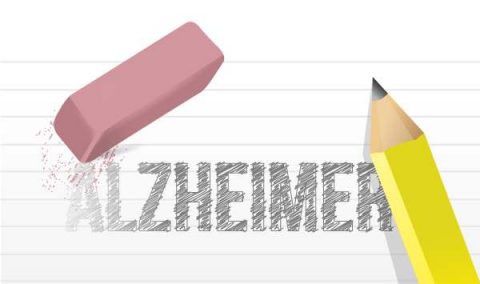September 16, 2019 by

Researchers are finally starting to get a grip on the imbalance between Alzheimer’s diagnoses in females and males. Presently, as many as 2/3 of those with Alzheimer’s in the U.S. are female, and as scientists continue to better grasp the particular nuances driving this trend, we are able to start addressing them.
According to the Alzheimer’s Association’s Director of Scientific Engagement, Rebecca Edelmayer, “Women are at the epicenter of Alzheimer’s disease as both persons living with the disease and as caregivers of those with dementia. Over the last three years, the Alzheimer’s Association has invested $3.2 million into 14 projects looking at sex differences for the disease and some of the findings today may explain risk, prevalence, and rate of decline for women.”
The historic opinion has been that women merely have a greater than anticipated lifespan, and we recognize that Alzheimer’s gets to be more prevalent as age increases. Nevertheless the idea has shifted to include the following additional determinants:
- Biology. Vanderbilt University Medical Center scientists discovered that women with minor cognitive impairment had a far more accelerated spread of tau (the protein within the brain linked to loss of brain cells), along with an increased extent of tau network connectivity, compared to males.
- Memory. A study conducted by the University of California at San Diego School of Medicine revealed higher scores on verbal memory tests in females than males, which could contribute to the ability of women’s brains to compensate for cognitive impairments and to the postponement of a diagnosis and subsequent treatment.
- Employment. Memory decrease in women ages 60 – 70 who seldom worked was greater than in women with steady employment, according to the outcomes of a report performed by the University of California Los Angeles – revealing that “consistent cognitive stimulation from work helps increase cognitive reserve in women.”
- Lifestyle. Seeing that a healthy lifestyle, such as a lower incidence of stress, helps reduce Alzheimer’s risk, women are particularly vulnerable – as they are most frequently in the role of family caregiver, a known inducer of tension.
These results focus on the necessity for women to take care of their own overall health, and At Home Independent Living is prepared to help. We offer the reliable respite care that makes it possible for family caregivers to take the recommended breaks from caring for their loved ones while focusing on self-care. Our caregivers are specially trained and experienced in meeting the unique needs of those with Alzheimer’s disease, providing family members the peace of mind in knowing their senior loved ones are getting the best quality care. Contact us at (315) 579-HOME (4663) to learn more about our Syracuse Alzheimer’s care.
